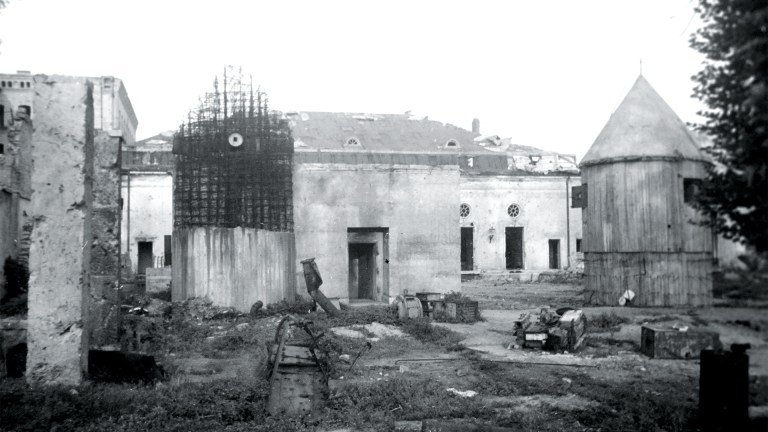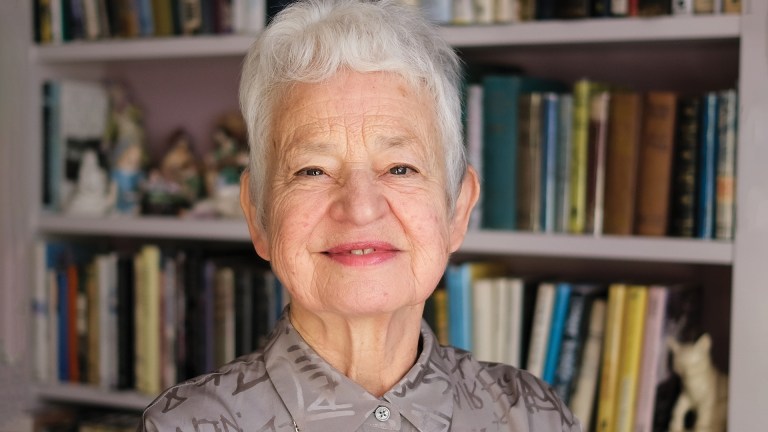Rarely does a debut novel arrive as fully realised and confidently written as Omar Robert Hamilton’s The City Always Wins, the tale of an activist couple caught up in, and captivated by, the Arab Spring.
After reading a few pages I had to double check it really was Hamilton’s first novel, so sure-footed and pitch-perfect was his description of the enchanting and chaotic ‘jazz’ of Cairo (“all contrapuntal influences jostling for attention, occasionally brilliant solos standing high above the steady rhythm of the street”).

Equally evocative are his close-ups of the blurred panicky horror of army attacks on street protesters, and the raging grief which weaves through the piles of dead bodies filling hospital corridors in the aftermath.
Hamilton shares with the likes of Colum McCann and Jay McInerney a gift for conjuring a landscape which sizzles with life and heat and energy. And he’s keen to remind us of the difference between their beloved ‘first city’ and the intermittently ignored setting of his novel; “Forget New York,” he tells us. “The whole history of the world can be seen from here.”
Hamilton gives us the novelistic version of a smartphone video missive, sent out to the world in a cry for help and understanding
Those readers interested in an authentic street-level view of the seismic events of the 2011 Egyptian revolution will not be disappointed; this communiqué offers embedded access as stark, violent and coruscating as any of Lara Logan’s dispatches.
But like all good stories set to real-life backdrops, The City Always Wins is so much more than fictionalised reportage. Through an immersive stream of consciousness – its appropriately frenzied, breathless rush punctuated by tweets
and newspaper headlines – Hamilton gives us the novelistic version of a smartphone video missive, sent out to the world in a cry for help and understanding.









